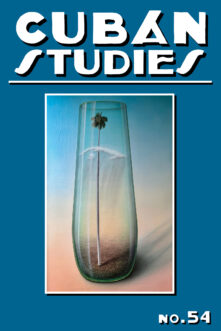Books
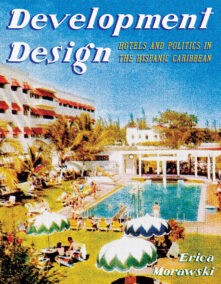
Development Design
Hotels and Politics in the Hispanic Caribbean
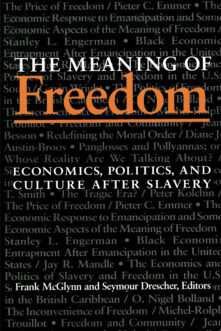
The Meaning Of Freedom
Economics, Politics, and Culture after Slavery
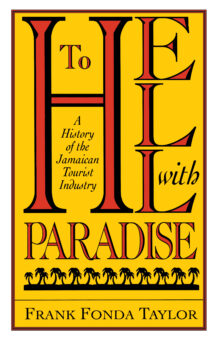
To Hell With Paradise
A History Of The Jamaican Tourist Industry
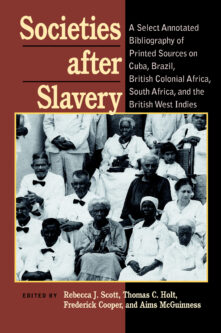
Societies After Slavery
A Select Annotated Bibliography of Printed Sources on Cuba, Brazil, British Colonial Africa, South A
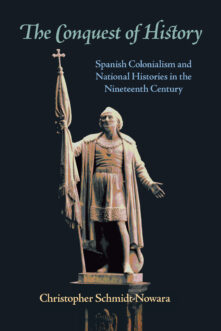
The Conquest of History
Spanish Colonialism and National Histories in the Nineteenth Century
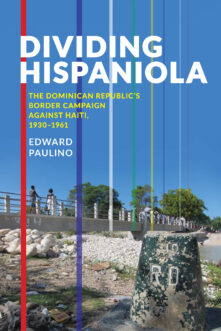
Dividing Hispaniola
The Dominican Republic's Border Campaign against Haiti, 1930-1961
Total 7 results found.


